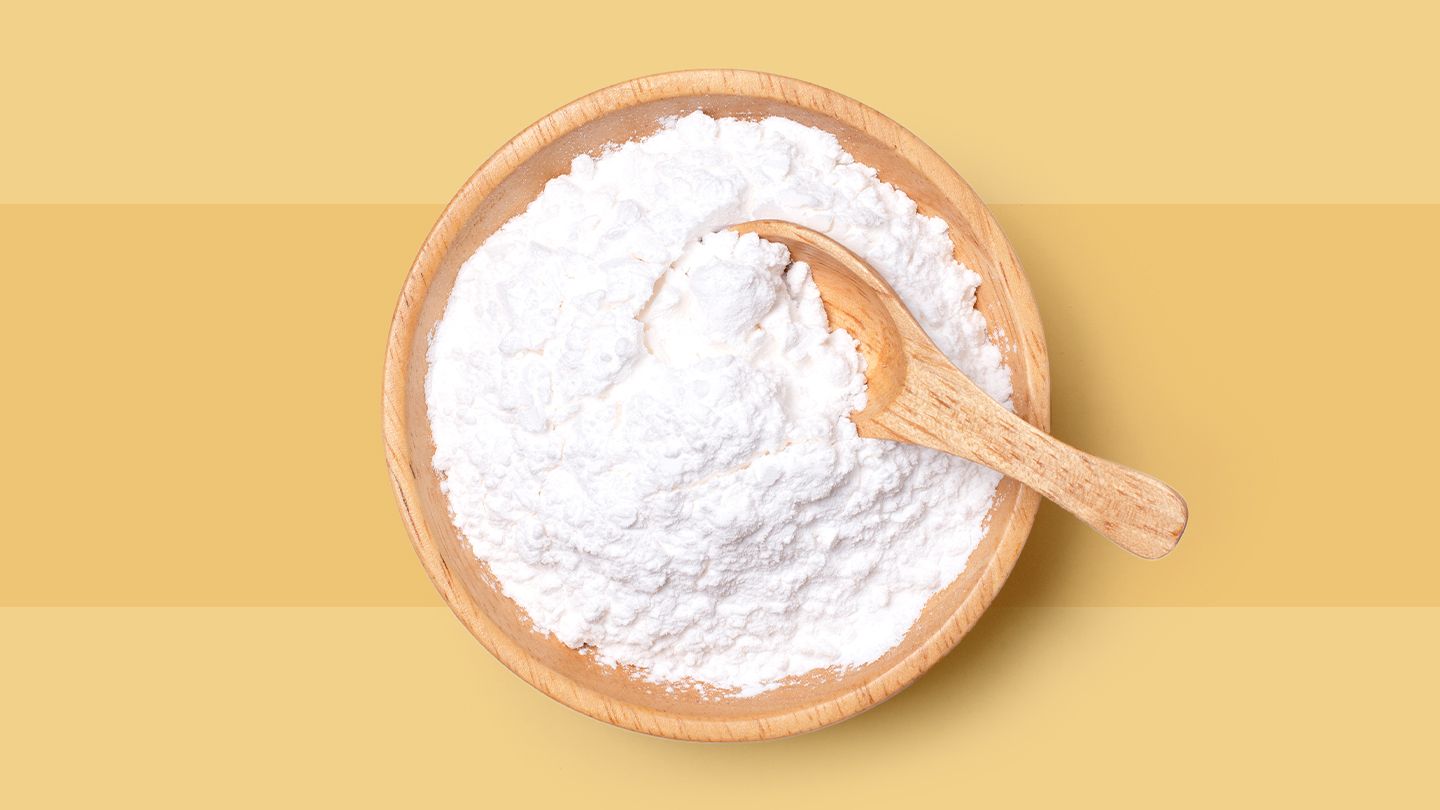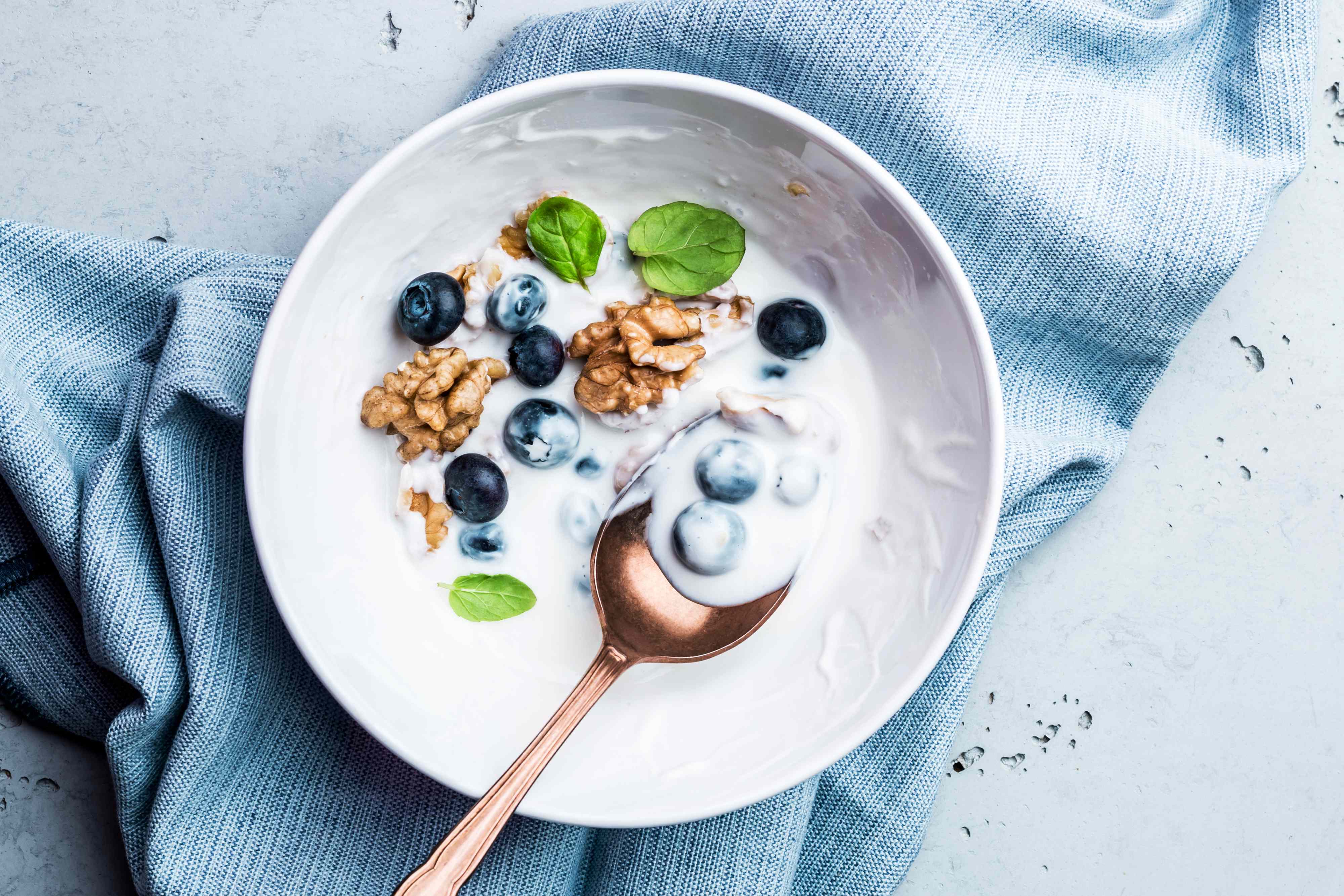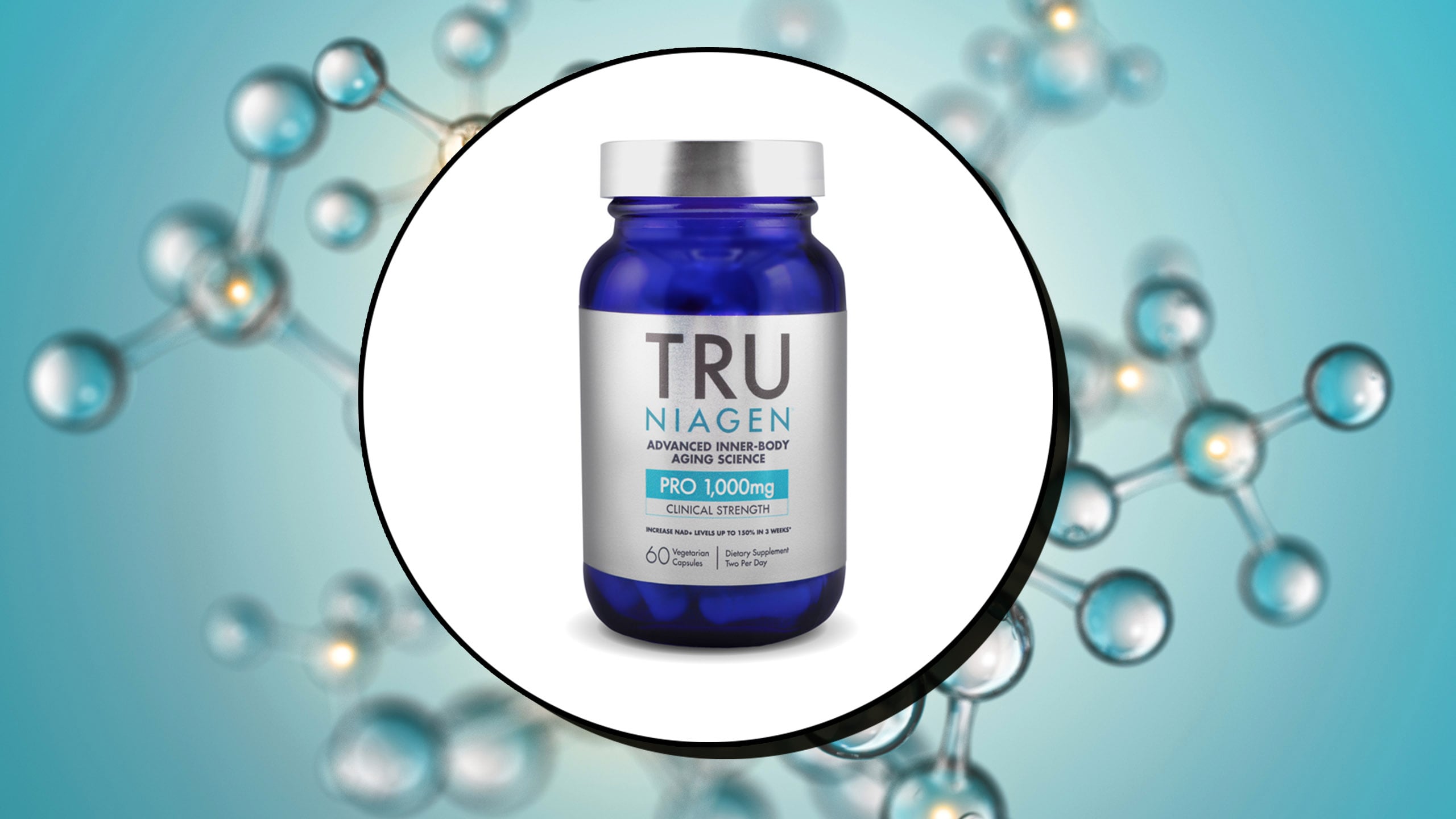15 Post-Meal Movement Consequences

Ever finished a meal and felt the urge to stretch your legs? While the old advice was to sit still after eating, recent research suggests that light movement – like a short walk – could actually support digestion and blood sugar regulation. A 2022 meta-analysis published in Sports Medicine found that just two to five minutes of walking after a meal helped lower blood sugar levels compared to sitting.
It’s a small habit that might have a bigger impact than you’d expect. Let’s take a look at what can happen when you get moving right after eating.
Disclaimer: This article is for general information and isn’t medical advice. Light movement after meals may help some people, but responses vary. If you feel unwell, stop and rest. For guidance tailored to you, consult a healthcare professional.
1. Nausea Makes An Unwelcome Appearance
 That queasy, might-need-to-sit-down feeling often follows vigorous post-meal movement. Your body doesn’t appreciate trying to digest while doing jumping jacks! The combination of a full stomach and motion can trigger your brain’s nausea center.
That queasy, might-need-to-sit-down feeling often follows vigorous post-meal movement. Your body doesn’t appreciate trying to digest while doing jumping jacks! The combination of a full stomach and motion can trigger your brain’s nausea center.
This reaction is similar to motion sickness – your body gets confused by competing signals. The more intense your movement and the heavier your meal, the more likely you’ll experience this unwanted side effect.
2. Acid Reflux Rears Its Fiery Head
 That burning sensation creeping up your throat has a scientific explanation. When you bounce around after eating, stomach acid can splash up into your esophagus, creating that distinctive burning pain.
That burning sensation creeping up your throat has a scientific explanation. When you bounce around after eating, stomach acid can splash up into your esophagus, creating that distinctive burning pain.
Certain movements make this worse – anything involving bending, jumping, or lying down. The pressure from physical activity combines with a full stomach to push acid where it doesn’t belong. Spicy or fatty foods make this reaction even more likely.
3. Gentle Walking Speeds Digestion
 Not all movement spells disaster! A relaxed after-dinner stroll actually helps food move through your system more efficiently. Walking gently stimulates the muscles in your digestive tract, helping them process your meal faster.
Not all movement spells disaster! A relaxed after-dinner stroll actually helps food move through your system more efficiently. Walking gently stimulates the muscles in your digestive tract, helping them process your meal faster.
A 15-minute easy walk can significantly speed up the rate at which food leaves your stomach. This gentle movement works with your body’s natural processes instead of fighting against them, unlike high-intensity exercise.
4. Stomach Discomfort Kicks In
 That uncomfortable feeling isn’t just in your head. Vigorous movement jostles your full stomach, creating a perfect storm for discomfort. Food and digestive juices slosh around, potentially pushing against your diaphragm.
That uncomfortable feeling isn’t just in your head. Vigorous movement jostles your full stomach, creating a perfect storm for discomfort. Food and digestive juices slosh around, potentially pushing against your diaphragm.
Many runners call this sensation “runner’s stomach” for good reason. The physical impact of movement can trigger cramping, stitches in your side, or that heavy feeling like your meal is bouncing up and down with each step.
5. Blood Sugar Levels Stabilize
 Your after-meal cookie might spike your blood sugar, but a quick walk can help bring those levels back down. Light physical activity helps your muscles use glucose more effectively without stressing your digestive system.
Your after-meal cookie might spike your blood sugar, but a quick walk can help bring those levels back down. Light physical activity helps your muscles use glucose more effectively without stressing your digestive system.
Even 10 minutes of walking after eating can lower blood sugar levels by up to 22% compared to sitting still. This effect is especially beneficial for people with diabetes or insulin resistance, making movement a powerful tool for blood sugar management.
6. Hiccups Surprise You
 Those unexpected hiccups after eating and moving have a scientific explanation. Movement can change the pressure in your diaphragm while your stomach expands from food, creating the perfect conditions for hiccup spasms.
Those unexpected hiccups after eating and moving have a scientific explanation. Movement can change the pressure in your diaphragm while your stomach expands from food, creating the perfect conditions for hiccup spasms.
Your diaphragm, caught between your expanding stomach and physical activity, gets irritated. The resulting spasm causes your vocal cords to snap shut, creating that distinctive “hic” sound. Carbonated drinks or eating too quickly make you even more susceptible to this annoying phenomenon.
7. Energy Levels Temporarily Drop
 Feel suddenly sleepy after moving post-meal? Your body’s diverting resources to handle competing demands. Digestion already requires energy, and adding movement creates a resource competition inside your body.
Feel suddenly sleepy after moving post-meal? Your body’s diverting resources to handle competing demands. Digestion already requires energy, and adding movement creates a resource competition inside your body.
This energy redistribution can trigger temporary fatigue as your body works overtime. Your digestive system needs blood flow and energy to process food, while your muscles demand the same resources for movement. The result? That surprising wave of tiredness that makes you want to take a nap.
8. Bloating Becomes More Noticeable
 That uncomfortable swollen feeling gets amplified when you move around after eating. Physical activity can increase gas production in your digestive system while simultaneously moving existing gas around your intestines.
That uncomfortable swollen feeling gets amplified when you move around after eating. Physical activity can increase gas production in your digestive system while simultaneously moving existing gas around your intestines.
This gas redistribution creates pressure in different areas of your abdomen, making bloating more apparent. Certain foods make this worse – beans, cabbage, and carbonated drinks are notorious culprits. The combination of these gas-producing foods and movement can leave you feeling uncomfortably puffy.
9. Burping Becomes More Frequent
 Those unexpected burps have a simple explanation. Movement physically jostles the air in your stomach, creating pressure that needs to escape. Each step or bounce pushes air upward toward your esophagus.
Those unexpected burps have a simple explanation. Movement physically jostles the air in your stomach, creating pressure that needs to escape. Each step or bounce pushes air upward toward your esophagus.
Your body’s natural response is to release this pressure through burping. If you’ve swallowed extra air while eating quickly or consumed carbonated beverages, you’re even more likely to experience this effect. The combination of a gas-filled stomach and physical movement creates the perfect burping storm.
10. Heartbeat Becomes More Noticeable
 Feel your heart pounding more than usual? Your cardiovascular system is working overtime to handle dual demands. Digestion already increases blood flow to your stomach, and exercise diverts it to your muscles.
Feel your heart pounding more than usual? Your cardiovascular system is working overtime to handle dual demands. Digestion already increases blood flow to your stomach, and exercise diverts it to your muscles.
This competing circulatory demand makes your heart work harder than it would with either activity alone. You might notice your pulse more, especially after a heavy meal followed by movement. Your heart rate might increase by 10-15 beats per minute more than it would during the same exercise on an empty stomach.
11. Dizziness Might Make An Appearance
 When you eat, blood flow increases to your digestive system. When you suddenly start moving, your body must quickly redistribute that blood to your muscles and brain.
When you eat, blood flow increases to your digestive system. When you suddenly start moving, your body must quickly redistribute that blood to your muscles and brain.
This rapid circulatory adjustment can temporarily leave your brain with slightly less blood flow than it needs. The result? A brief wave of dizziness or lightheadedness. Standing up quickly after eating makes this effect even more pronounced, especially in people with low blood pressure.
12. Sweating Increases Unexpectedly
 Breaking into a sweat after eating and moving isn’t just from physical exertion. Your body actually generates heat during digestion – a process called thermogenesis. Adding movement creates a double heating effect.
Breaking into a sweat after eating and moving isn’t just from physical exertion. Your body actually generates heat during digestion – a process called thermogenesis. Adding movement creates a double heating effect.
This combined heat production can trigger your body’s cooling system: sweat. Spicy foods amplify this reaction even further by activating heat receptors. The scientific term for food-induced sweating is “gustatory hyperhidrosis,” and movement makes it more noticeable.
13. Headaches Can Develop
 That unexpected pounding in your temples has several potential causes. When you exercise after eating, blood sugar fluctuations occur as your muscles and digestive system compete for resources.
That unexpected pounding in your temples has several potential causes. When you exercise after eating, blood sugar fluctuations occur as your muscles and digestive system compete for resources.
These rapid changes in blood sugar can trigger headaches in sensitive individuals. Dehydration makes this worse, as both digestion and exercise require water. If you’re prone to migraines, the combination of eating certain trigger foods and then exercising can create the perfect storm for head pain.
14. Digestion Slows During Intense Exercise
 Sprinting after sandwiches creates a physiological traffic jam. During high-intensity movement, your body dramatically reduces blood flow to your digestive system, sometimes by up to 80%.
Sprinting after sandwiches creates a physiological traffic jam. During high-intensity movement, your body dramatically reduces blood flow to your digestive system, sometimes by up to 80%.
This reduced circulation essentially puts digestion on hold. Your body prioritizes survival functions (powering muscles for movement) over digestive processes. Food sits partially processed in your stomach, which explains that heavy, uncomfortable feeling during intense post-meal workouts.
15. Food Moves Through Your System Faster
 Light movement accelerates your digestive timeline in a good way. Walking gently stimulates peristalsis – the wave-like muscle contractions that move food through your digestive tract.
Light movement accelerates your digestive timeline in a good way. Walking gently stimulates peristalsis – the wave-like muscle contractions that move food through your digestive tract.
A post-meal stroll can reduce the time food spends in your stomach by up to 30 minutes. This faster transit helps prevent that overly full feeling and can reduce heartburn risk. Your body processes the meal more efficiently, moving it along its digestive journey at an optimal pace.








